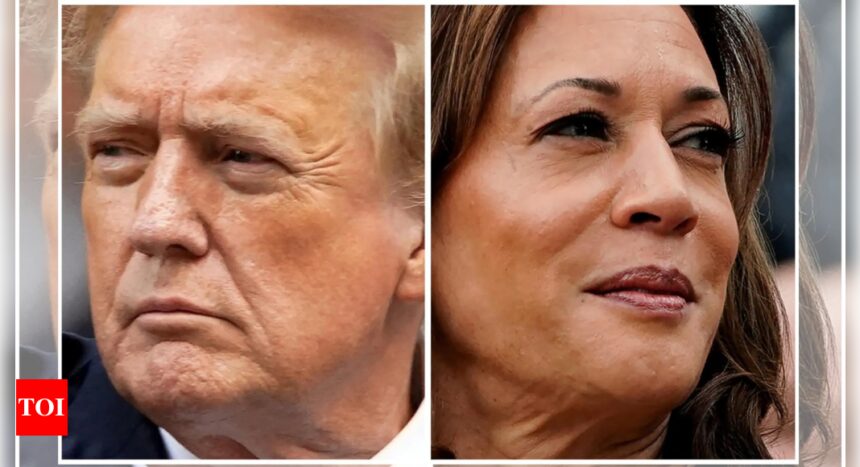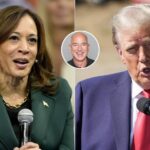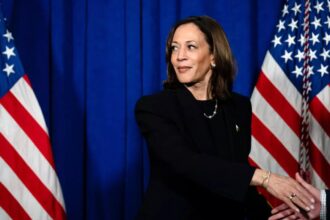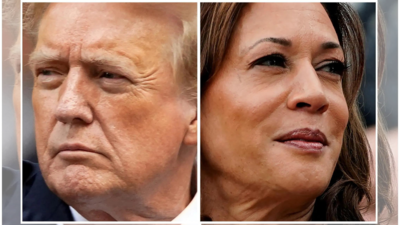
The political landscape of the US is heating up as the final showdown of November 5 approaches. This will be the day when the people of America will exercise their right to vote and choose their 47th President.
For the Presidential elections 2024, a close fight between Republicans and Democrats is anticipated.
Former US President Donald Trump is the Republican candidate who’ll lock horns with the current US Vice President Kamala Harris, who is the Democratic Presidential candidate. Earlier, the incumbent President Joe Biden was in the race against Trump but stepped down after health concerns. Later, he endorsed Kamala Harris, paving the way for the possibility of US getting their first female President.
Here are 6 interesting facts about the forthcoming US elections:-
47 states allow option of early voting
American voters are increasingly using early-voting facilities to exercise their franchise. Forty-seven states and the district of Columbia offer early voting options to all voters. Only in Mississippi, Alabama, and New Hampshire, mail-in ballots aren’t an option and voters have to go to voting stations.
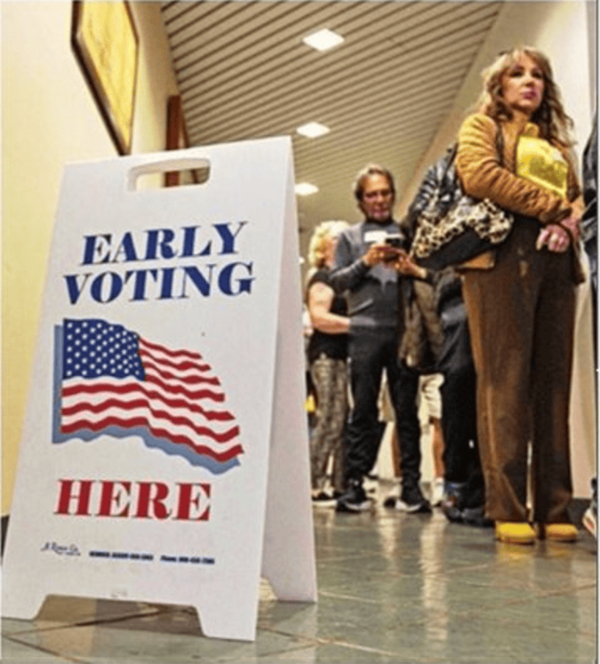
But even in these states, those with eligible reasons can vote by mail. Nearly 25 million voters are said to have already cast ballots so far this year, either through in-person early voting or mail-in ballots.
Harris will be fifth of a kind if she wins
Kamala Harris broke new ground when she became the first woman, first African American and first person of South Asian heritage to become US vice president. Now, she stands a chance to become the fifth sitting veep and seventh overall to win election to the top job.
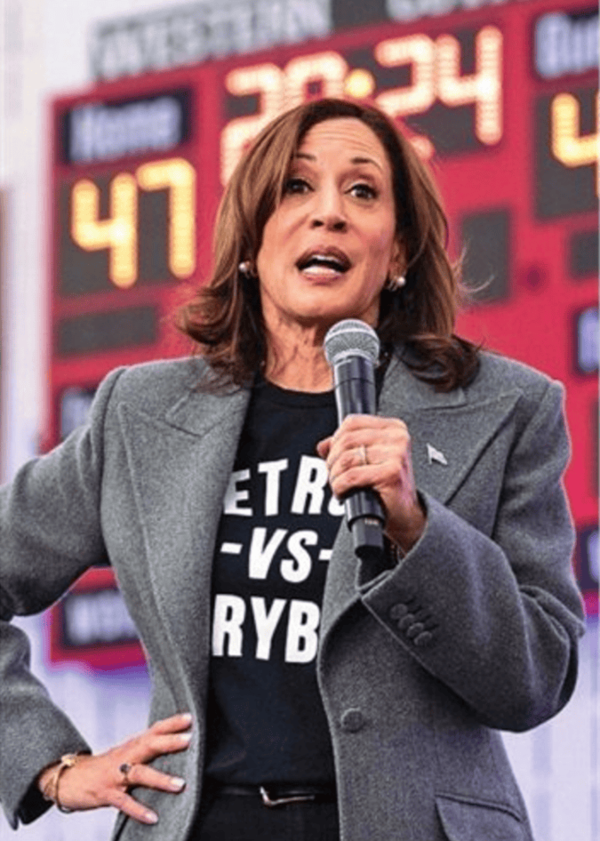
In all, 15 vice presidents went on to become president, including Joe Biden. Eight of them got the job after the death of a president, while Gerald R Ford became president after his predecessor Richard Nixon resigned. The four sitting veeps who were elected president are John Adams (1796), Thomas Jefferson (1800), Martin Van Buren (1836), and George HW Bush (1988). Nixon (1968) and Biden (2020) are the only two veeps who won the election to White House after a gap following their tenure as veeps.
Though she’s not only non-white in Veep’s chair
Charles Curtis, who had mixed Native American and European American ancestry, is recognised as the first person of colour to serve as US vice president — during Herbert Hoover’s first term as president (1929-1933).
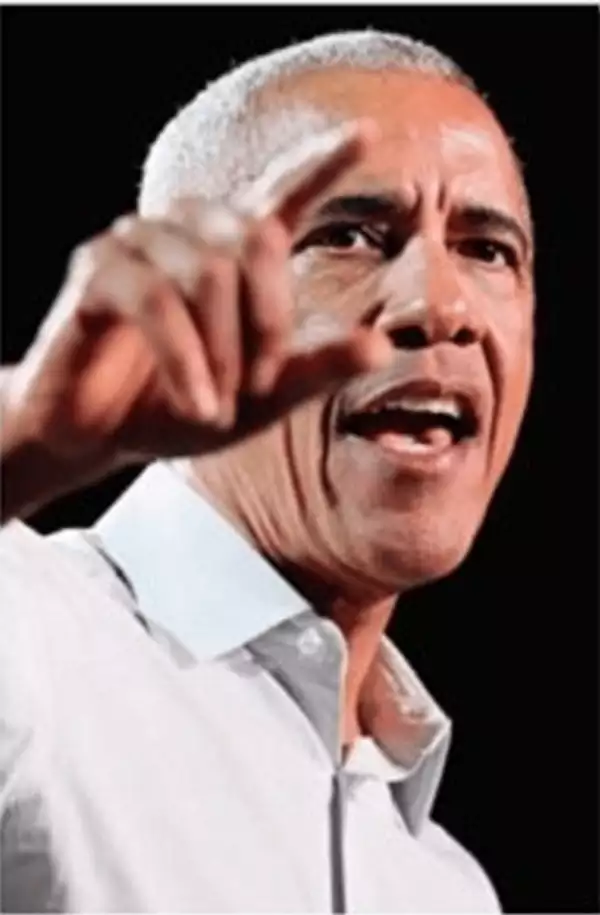
Two-time President Barack Obama and Kamala Harris are the only other non-whites to hold America’s top offices although it has been suggested that several other white presidents, including Andrew Jackson and Jefferson, had partial black ancestry. George Edwin Taylor was the first African American to run for president in 1904 and the 20th century had four more candidates of colour.
Voting on Tuesday after first Monday in Nov
For election officials in a country like India, coming up with polling dates is an elaborate exercise. When US votes for its president though has been virtually decided in perpetuity. A rule to conduct elections on the Tuesday after the first Monday of Nov was passed in 1845. Farming was the main occupation then and harvest season was over by early Nov. Wednesday was the market day — when farmers sold their crops — and Sunday was sabbath.
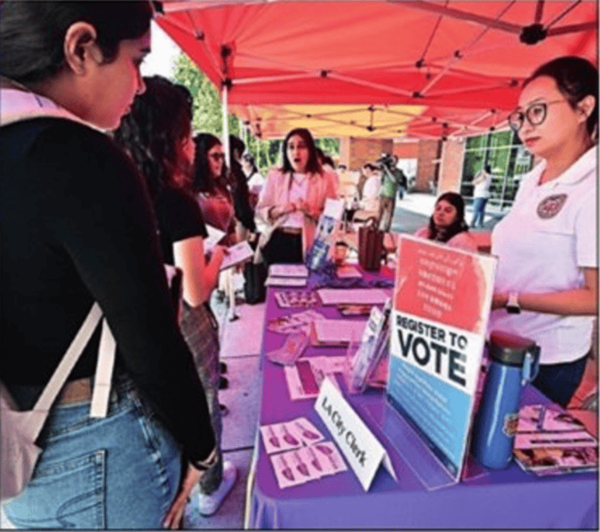
Monday was avoided because they’d need a day to travel to distant voting stations. The reason Tuesday after first Monday was selected was to prevent the vote from falling on Nov 1, which is observed as All Saints’ Day. The rule holds despite fewer than 2 per cent of Americans being involved in farming now.
Race between Donkey and Elephant
The symbols are widely identified with America’s two main parties, but the ‘elephant’ for Republicans and ‘donkey’ for Democrats were not chosen by party members themselves. The depictions for both parties are down to one cartoonist: Thomas Nast.
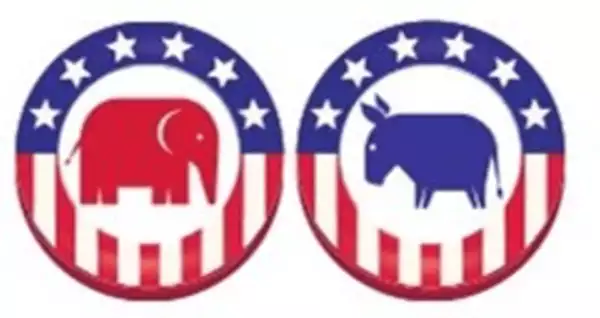
He popularised these symbols through caricatures in the 1870-80s. The elephant has now been acknowledged as their official symbol by the Republicans though Democrats have desisted from giving the donkey that status.
Third parties seen as playing spoiler
Harris and Trump are the main contenders in the 2024 presidential race, but they aren’t the only ones. There are many candidates contesting as independents or from other lesser known parties in this year’s polls just like in the years before.
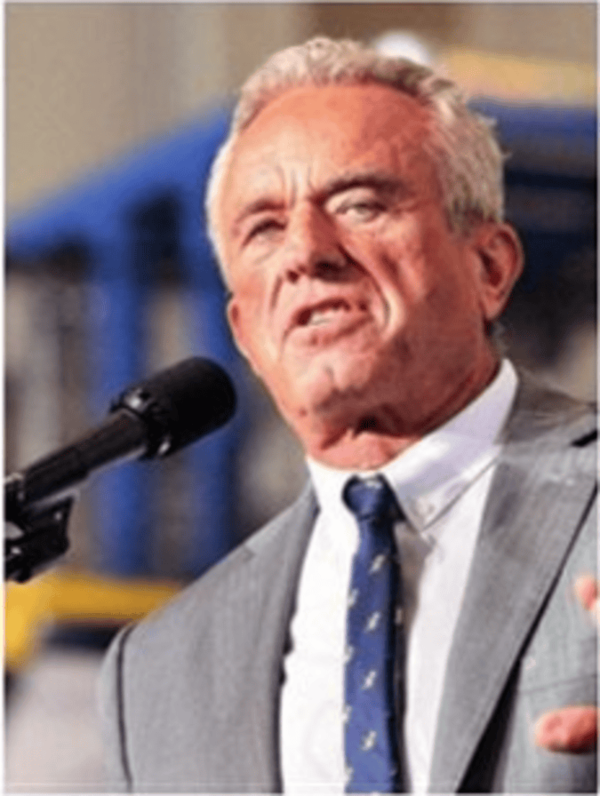
The notable ones are Green Party’s Jill Stein, Libertarian candidate Chase Oliver and independents Cornel West and Robert F Kennedy, Jr. Robert, nephew of former US President John F Kennedy, has ended his independent campaign and endorsed Trump but remains on the ballot in two battleground, or swing, states. This means any votes that go to him could end up hurting Trump’s chances to take that state. The fear is real: in 2016, Johnson and Stein both got more votes in key states than the losing margin of Hillary Clinton.


